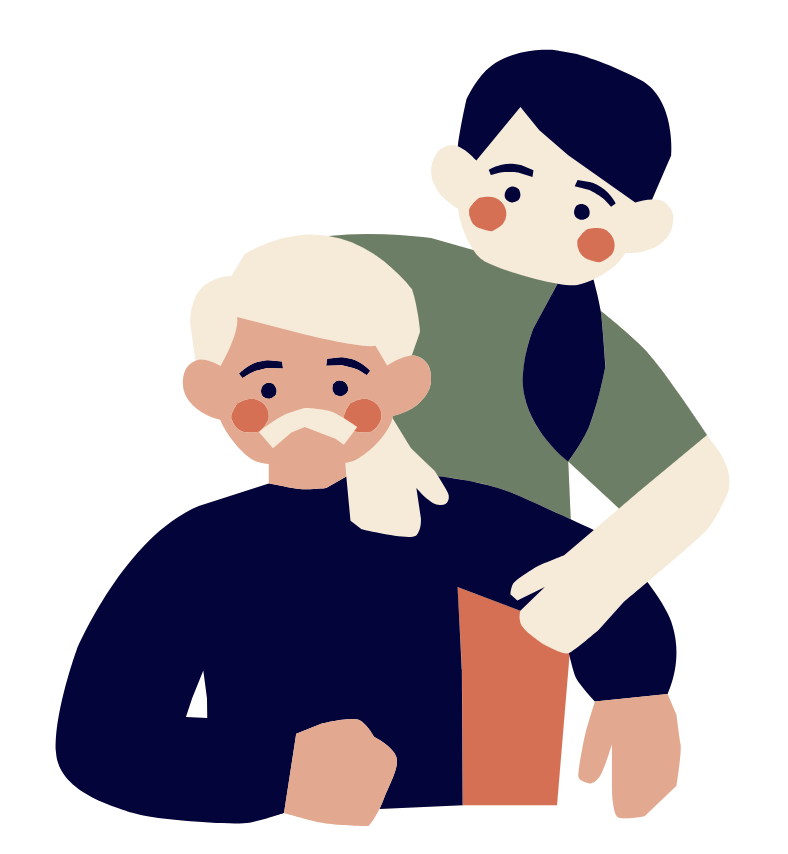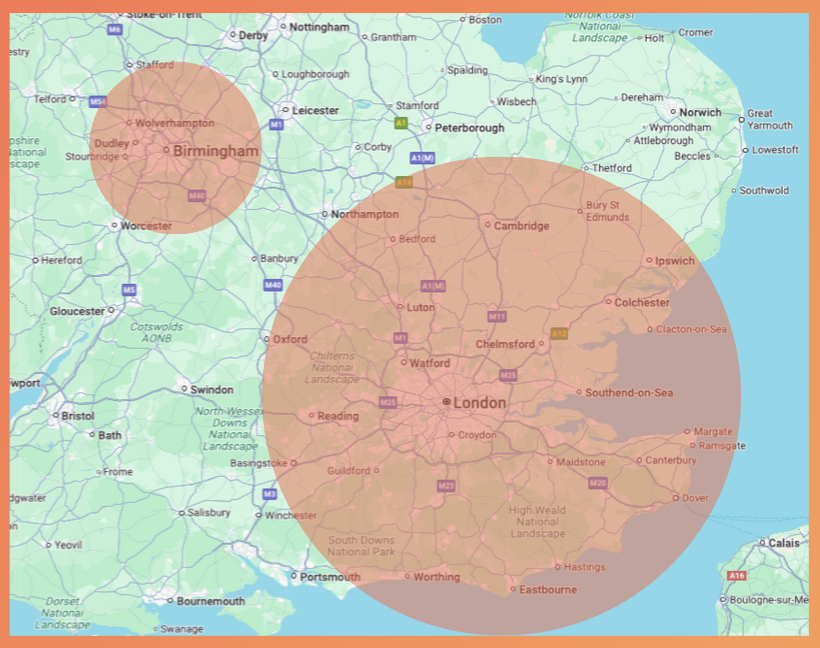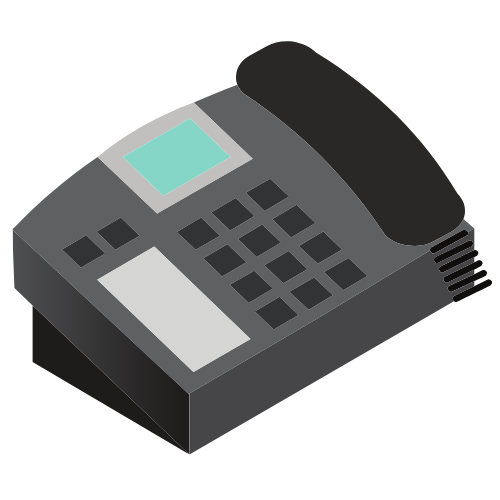Neuro Occupational Therapy
Find out more about how we can help with neuro occupational therapy
Our approach
What is Occupational Therapy?
Brain injury can affect a person’s ability to participate and perform in a range of activities that they want to do, need to do, or are expected to do. For example, showering, grooming, cooking, working, studying, driving, using public transport, looking after others, socialising, and going to the gym. Occupational Therapists (OTs) specialising in neurology work with people after brain injury to maximise their independence and quality of life by helping them regain or maintain their ability to do things that are important to them.
How can we help?
Some of the ways an OT can help, by working with the individual and their family or carers if appropriate, include:
- Finding new ways for the person to undertake an activity which is currently difficult for them – for example, by using a different technique or equipment, or by making changes to the physical environment.
- Training the person to use techniques which help them to regain some skills, such as the ability to use their arm and hand, or to compensate for difficulties arising from cognitive impairments such as concentration and memory.
- Supporting the person to manage symptoms, such as fatigue, which affect their functioning in everyday life.
- Helping the person to engage in meaningful activities both within and outside of the home. For example, participating in hobbies and seeing friends and family.
- Supporting the person to get back to their former work or study, or to find new paid or unpaid work, by identifying and addressing problems which have resulted from the brain injury.

How can we help?
We provide a wide range of OT services and treatments following assessment and client-centred goal setting including:
Detailed neuro OT report with recommendations
Cognitive rehabilitation
Independent living skills including self-care and domestic activities, and managing daily routines
Upper limb rehabilitation
Equipment and environmental modification recommendations
Fatigue management
Vocational rehabilitation
Education and training for family and support staff
Who is neuro occupational therapy suitable for?
If an individual has not been able to return to their previous level of function and activity due to physical, cognitive, and emotional changes following brain injury, they could benefit from an assessment by a neuro OT. For example, a person may experience difficulties with the following:
- Performing and engaging in domestic, leisure and self-care activities
- Work or study
- Getting out of their home and accessing the community
- Fatigue & sleep difficulties
Locations we cover
Here are the areas where we can see clients in their homes
We currently work in the East, South and South East of the UK, alongside a recent expansion to Birmingham and the surrounding areas. We charge for the travel time associated with each visit to see a client. Travel is typically charged at 75% of the standard hourly rates. This is based on the projected drive time for the return journey between the therapist’s home and the location in which they are seeing the client. Wherever possible we will allocate therapists who are based nearest to the client’s home.
Where appropriate we can also arrange to see clients in rooms near our therapists, thereby reducing travel costs.

Find out more
For more information please see our pricing and service area pages. If you’d like to find out more about our vocational rehabilitation service or make a referral here are a few ways to get in touch:



